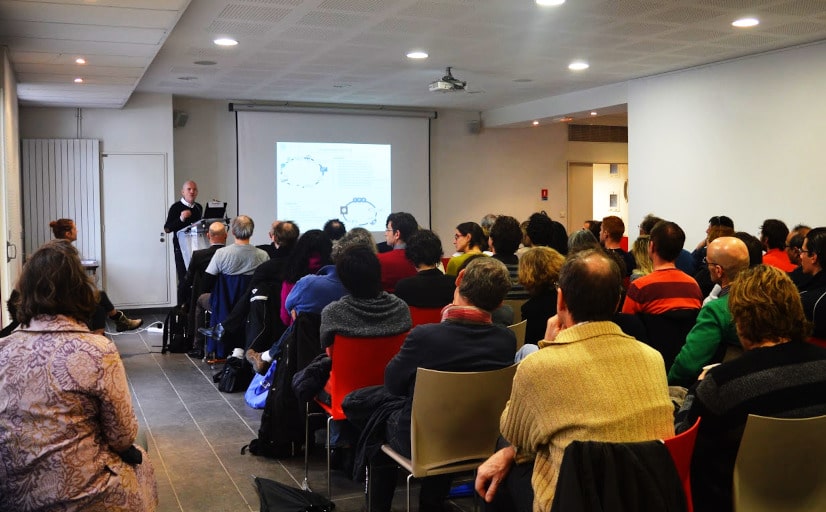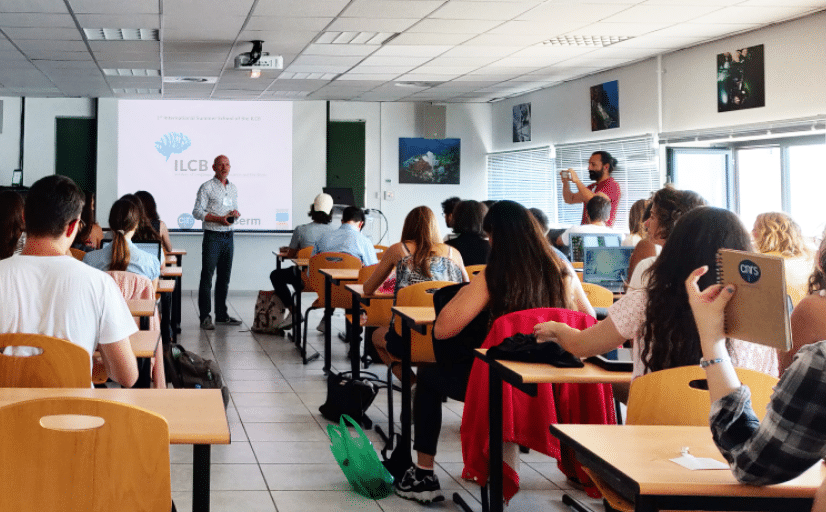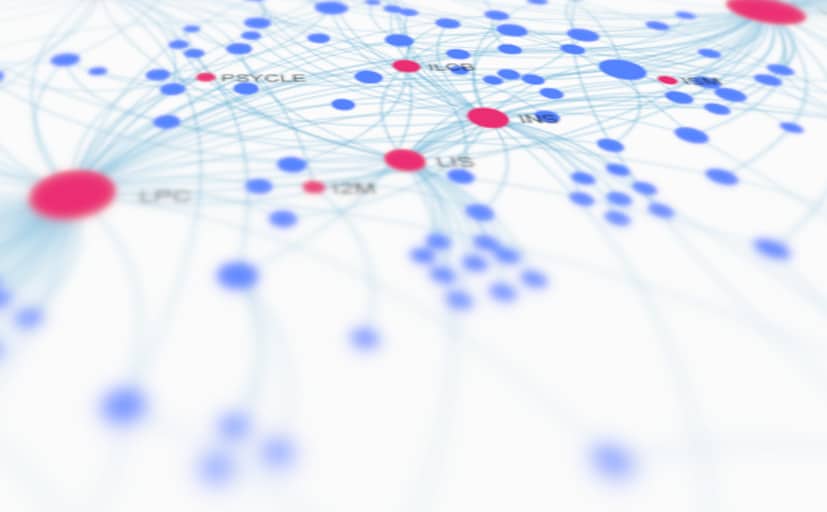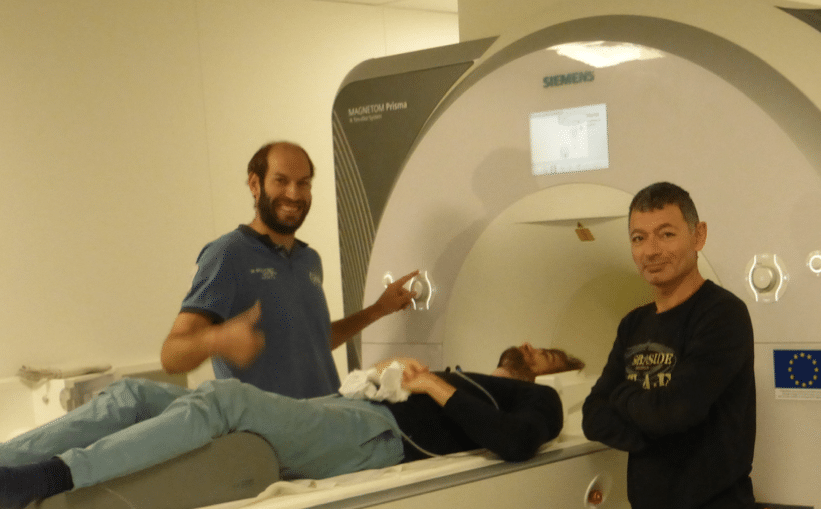



FEATURED PUBLICATIONS
Speaking to a common tune: Betweenspeaker convergence in voice fundamental frequency in a joint speech production task Vincent Aubanel, Noël Nguyen
2020 PLOS/ONE
read more >>
Learning to Read and Dyslexia: From Theory to Intervention Through Personalized Computational Models Johannes C. Ziegler, Conrad Perry, Marco Zorzi
2020 Current Directions in Psychological Science
read more >>
Error-based learning and lexical competition in word production: Evidence from multilingual naming Elin Runnqvist, Kristof Strijkers, Albert Costa
2019 PLOS/ONE
read more >>
Constraints on the lexicons of human languages have cognitive roots present in baboons (Papio papio) Emmanuel Chemla, Isabelle Dautriche, Brian Buccola, and Joël Fagot.
2019 PNAS
read more >>
High-fidelity copying is not necessarily the key to cumulative cultural evolution: a study in monkeys and children Carmen Saldana, Joël Fagot, Simon Kirby, Kenny Smith, Nicolas Claidière
2019 Proceedings of the royal society B
read more >>
Bringing together experts in linguistics, neuroscience, psychology, medicine and computer science to understand and to model the way that language functions.
The objective is to create a generic model of the processing of language and its cerebral bases.
SUMMER SCHOOL
The 3d Edition of the ILCB Summer School offers Introductory, Intermerdiate and Advanced Classes in four core fields of Cognitive Science, reflecting the expertise of the Institute.
read more >>
PhD PROGRAM
An interdisciplinary focus on language research, with interdisciplinary theory and practice trainings at basic and advanced level courses in all relevant disciplines.
read more >>
MASTER
The MaSCo, a new MA in Cognitive Science, provides an advanced scientific curriculum on human cognition, as well as a technological and methodological expertise in evaluation, analysis and modeling of cognitive processes.
read more >>
TRAINING
Advanced trainings are offered to the ILCB members
read more >>
Recent
news and events
Upcoming Events Loop
It seems we can’t find what you’re looking for. Perhaps searching can help.
Post Loop
The Dynamics of Chunking in Humans (Homo Sapiens) and Guinea Baboons (Papio Papio)
Laure Tosatto, Joël Fagot, and Arnaud Rey. 2023. Journal of Comparative Psychology 137 (3): 191–99 — @HAL Chunking is an important cognitive process allowing the compression of information in short-term memory. The aim of this study is to compare the dynamics of chunking during the learning of a visuo-motor sequence in humans (Homo sapiens) and […]
Clara Bourot
Clara Bourot was awarded a 2023 ILCB PhD grant, to work with Laurence Reboul (I2M), in collaboration with Arnaud Rey (LPC), and Jean-Marc Freyermuth (I2M), to apply statistical modeling of the developmental trajectory of babies’ vocal productions between 0 and 12 months. Clara obtained Bachelor and Master degrees in Mathematics at Aix-Marseille University, and she […]
Ambre Balleroy
Ambre Balleroy was awarded a 2023 ILCB PhD fellowship to work with Thomas Schatz (LIS), Claire Kabdebon (LPC) and Ricard Marxer (LIS). Her PhD project focuses on computational modeling of speech perception in infants. She previously obtained a master’s degree in cognitive science and a bachelor’s degree in language science.
Camilla Di Pasquasio
Camilla Di Pasquasio is a psychologist with a MSc in Neuroscience. She was awarded a 2023 ILCB PhD fellowship to work with Dr. Thierry Chaminade (INT), in collaboration with Dr. Brigitte Bigi (LPL). Her project will include the analysis of brain and physiological responses involved in sensorimotor and contextual information during a behavioral protocol testing […]
Jacques Pesnot Lerousseau
Jacques Pesnot Lerousseau received a 2023 ILCB post-doc fellowship to work with Benjamin Morillon (INS), in collaboration with Valentin Wyart (ENS) and Jean-Rémi King (ENS). His project will address the question of “in-context learning” in human brains and artificial neural networks, aiming to uncover the mechanisms behind rule generalization in the brain and algorithms. As a […]
Highlights from ICLB summer school
A few of the distinguished speakers that taught at the 2023 ILCB summer school. From the upper left corner, clockwise: Philipe BLACHE, Patrick LEMAIRE, Chotiga PATTAMADILOK, Christian G. BÉNAR, Sophie ACHARD (Grenoble), Marie MONTANT, Robert (Bob) M. FRENCH (Dijon), Fenna POLETIEK (Leiden, Nijmegen, and IMERA). In the center, the central Nadéra BUREAU. All photos by […]
Associative Learning Accounts for Recursive-Structure Generation in Crows
Arnaud Rey, and Joël Fagot. 2023. Learning & Behavior, January. — @HAL Recursive sequence generation (i.e., the ability to transfer recursive patterns to novel items) was recently reported in crows (Liao et al., 2022, Science Advances, 8[44], eabq3356). Here, we argue that although the reported data are certainly compatible with the recursion hypothesis, they can […]
Simple Questions on Simple Associations: Regularity Extraction in Non-Human Primates
Jeremy Yeaton, Laure Tosatto, Joël Fagot, Jonathan Grainger, and Arnaud Rey. 2023. Learning & Behavior, June. — @HAL Chunking is an important cognitive process allowing the compression of information in short-term memory. The aim of this study is to compare the dynamics of chunking during the learning of a visuo-motor sequence in humans (Homo sapiens) […]
Cortico-Cerebellar Monitoring of Speech Sequence Production
Snežana Todorović, Jean-Luc Anton, Julien Sein, Bruno Nazarian, Valérie Chanoine, Birgit Rauchbauer, Sonja A. Kotz, and Elin Runnqvist. 2023. Neurobiology of Language, August, 1–21. — @HAL In a functional magnetic resonance imaging study, we examined speech error monitoring in a cortico-cerebellar network for two contrasts: (a) correct trials with high versus low articulatory error probability […]
Clinical Efficiency and Acceptability of EMDR and MOSAIC Therapy for PTSD
Deborah Flatot-Blin, Arnaud Rey, Flavie Derynck, Olivier Fossard, and Stephanie Khalfa. 2023. Healthcare 11 (15): 2226 — @HAL Eye movement desensitization and reprocessing (EMDR) therapy is one of the therapies recommended by the World Health Organization (2013) to treat posttraumatic stress disorder (PTSD). Although efficient, repeated exposure to the traumatic memory may reduce its acceptability […]



